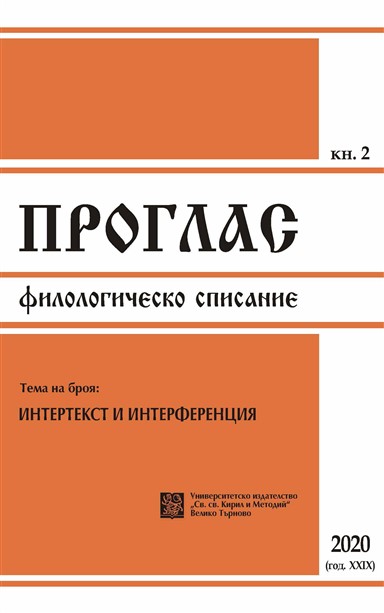Дидактически измерения на междукултурната литература
Didactic dimensions of intercultural literature
Author(s): Mina HubenovaSubject(s): Language and Literature Studies, Theoretical Linguistics, Studies of Literature, Historical Linguistics, Comparative Linguistics, Comparative Study of Literature, Theory of Literature
Published by: Великотърновски университет „Св. св. Кирил и Методий”
Keywords: intercultural science; intercultural literature studies; textual aspects and methodological approaches; stereotypes; didactic approaches
Summary/Abstract: Intercultural literary studies in the field of literary scholarship represent a research perspective with a specific theoretical and methodological profile, which is based on two prerequisites: 1) cultural differences can be important in the study and perception of literature, and 2) literature and its reception can reveal these relative differences. In this way culture is interpreted as a category of differentiation, but also as a productive source of exchange, contact, dissemination and integration. Intercultural literary research focuses on specific issues concerning the creation and perception of the literary text, as well as the didactic and methodological aspects of acquiring intercultural competence through it. Literary texts lead, on one hand, to enrichment, curiosity and excitement in students, and, on the other, to the diversification of methodological techniques in foreign language teaching. Literary texts can motivate students and foster their personal development through new methods that not only encourage them to speak, but also inform them about the culturally specific point of view, through the content of the text.
Journal: Проглас
- Issue Year: 29/2020
- Issue No: 2
- Page Range: 202-215
- Page Count: 14
- Language: Bulgarian

